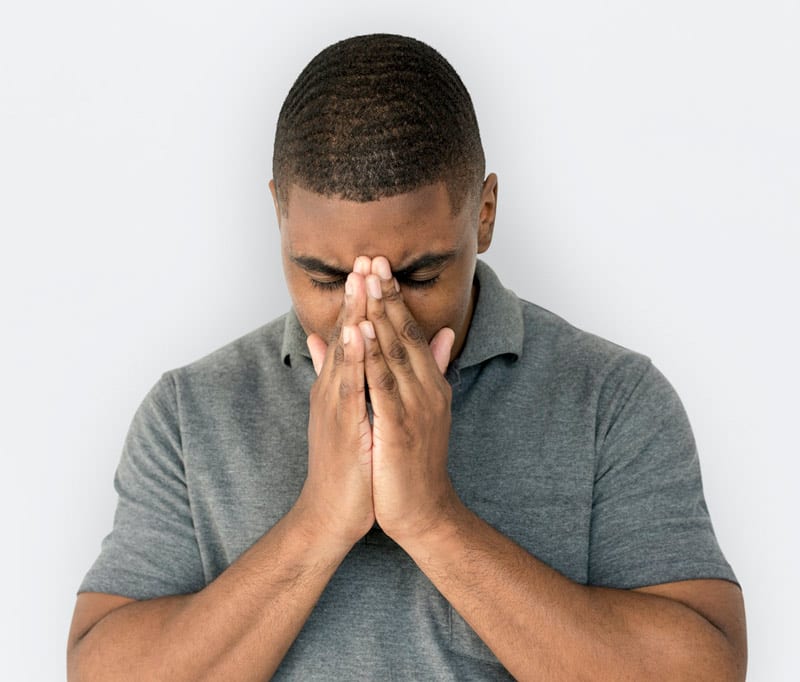When Manhattan set the standard for quarantine lockdown, liquor stores were famously considered essential. Soon enough, bars were allowed to order take-and-go cocktails and drinks as if it were an east coast Las Vegas.
Today, liquor stores are one of the few industries that aren’t just surviving amidst a pandemic, but absolutely thriving. For those who aren’t alcoholics, the thought of kicking back with a drink is one of the few things that makes them feel “normal.” Alcohol has long been a way to “de-stress,” or at least that’s what proponents would have you believe.
In an unprecedented era when everyone is working from home, the kids have been home from school for months, and those who are working are doing so with stress levels at an all-time high, it’s no wonder that the demand for alcohol since COVID-19 began has been soaring.
But what does this mean for recovering addicts?
Temptations at an All-Time High
For many recovering from alcoholism, coronavirus and quarantine have created the perfect storm for a relapse. Liquor is still widely available just about anywhere (including online). Working from home away from prying eyes means it’s easier than ever to make an excuse to have an early happy hour. Zoom “parties” have been popping up as the new way to socialize, and frequently it quickly becomes a boozy Zoom.
There’s no denying that isolation—which is exactly what we’re supposed to be doing right now—can make the idea of having a drink more desirable. Boredom also plays a role as does access. There are also ample excuses if you’re not performing your best at “work” right now. After all, who is?
There have been options available for those in recovery, such as online meetings (including via AA), but Zoom fatigue is also a real thing. Nobody wants to make time for one more virtual meeting. If you’re in recovery and struggling with quarantine but also can’t stand the thought of spending even more time in front of a screen, what can you do?
Modify Your Road to Recovery
Removing temptation is the first step. How you tackle this will vary depending on your living situation. For instance, if you have roommates who drink and they leave bottles in shared areas, ask them to (temporarily) keep alcohol in their rooms and locked away. Purchasing a mini-fridge for them can help make this ask a little easier.
If you’re always tempted to add on a bottle or two when placing an online shopping order, it might be time to seek out a delivery service that doesn’t offer alcohol. Again, this service will depend on numerous factors, including where you live. In some states, hard alcohol is not available in grocery stores, for example.
If you want to avoid screen time in order to get help, it might be time to go old school with recovery. If you have a sponsor or someone who fits that role, ask to schedule routine phone check-ins.
Depending on where you live and safety concerns, you might also be able to meet in person as long as you’re socially distant. Connecting with someone else (without a screen) is one of the best tactics to avoid a relapse at any point in your recovery.
Staying the Course of Recovery
For some in recovery, it can be helpful to seek out entertainment like books or movies that serve as a reminder of how far you’ve come. However, for others, these kinds of entertainments can actually be a trigger, so know yourself and be prepared.
Take, for instance, a memoir of someone else’s recovery from alcoholism that might tug you in one way or another. If you’re at the point where you know your triggers and understand if such a book can help keep you on the road to recovery, carve out time each day to read a chapter or two. It’s also a welcome break from the screen.
This also might be the right time to seek out a therapist. Maybe you’ve had one before for alcoholism, but you’ve been in recovery and doing okay—until now. Maybe your current therapist just isn’t working for you, and quarantine is giving you the kick you need to make a change.
Regardless of where you currently stand with therapy, quarantine is a time to reassess if it’s still working for you or if you need to bring it back into your life.
Bear in mind that loneliness and boredom are two dangerous factors for those in recovery. These are two things that you can also do something about. Identify your triggers, and when you most want a drink, and work with a professional to help you navigate these uncertain waters.
If you or someone you know experiences mental health issues, it is important to seek help from a qualified professional. Our Resource Specialist can help you find expert mental health resources to recover in your community. Contact us now for more information on this free service to our users.
Author’s Bio: Brian Rabbets is currently the Marketing Director at A Forever Recovery, a leading treatment and recovery resource center located in Michigan. His goal is to eradicate drug and alcohol abuse in the country through effective rehabilitation and education.
The opinions and views expressed in any guest blog post do not necessarily reflect those of www.rtor.org or its sponsor, Laurel House, Inc. The author and www.rtor.org have no affiliations with any products or services mentioned in the article or linked to therein. Guest Authors may have affiliations to products mentioned or linked to in their author bios only.





